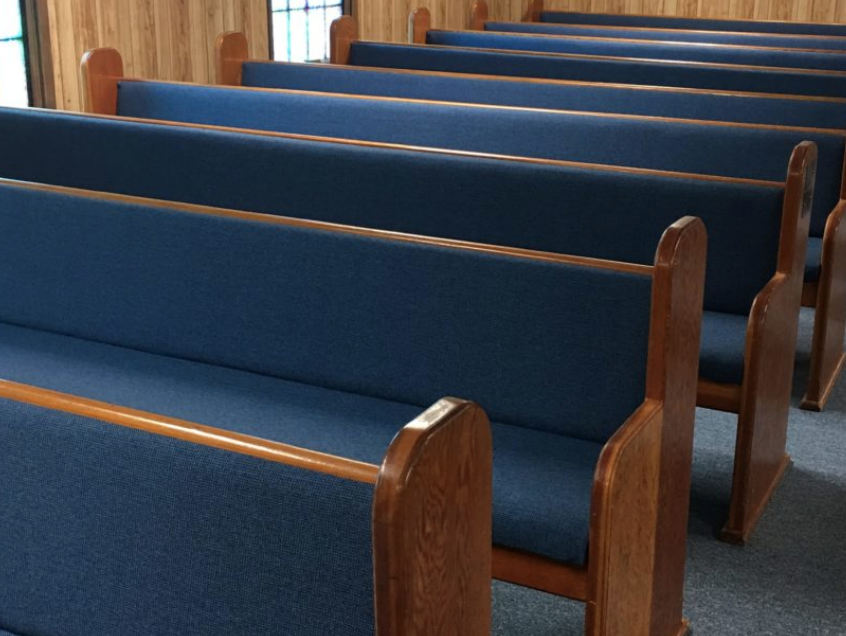Liberty University's decision to close its philosophy department didn't make big headlines in May 2020, at least not when compared with the its coronavirus policies and the latest comments from President Jerry Falwell, Jr.
After all, liberal arts programs were shrinking while Liberty's online education programs prospered, along with job-friendly undergraduate degrees. Christian colleges everywhere are wrestling with similar issues.
But the philosophy department was symbolic because it once was crucial to "what made Liberty unique" -- an emphasis on blending faith with core academic disciplines, said Karen Swallow Prior, who taught there for 20 years. This summer she moved to Southeastern Baptist Theological Seminary in Wake Forest, N.C., to teach English literature, as well as Christianity and culture.
"That department was top notch and produced students who went straight to the Ivy League and had great success," she said. "Philosophy was larger when I first got there, and it was clear this discipline was seen as part of Liberty's mission. Then things started changing."
Now, Liberty leaders are wrestling with the undeniable impact Falwell Jr. had as president, after the 2007 death of his father, the Rev. Jerry Falwell. Facing years of red ink, the founder's heir soon pushed for $500 million in campus updates and expansions, along with profitable online programs. The university now has 15,000 on-campus students and roughly 100,000 online. Liberty claims an endowment of $1.6 billion.
At the same time, Falwell Jr. developed a swashbuckling style that caused heat, especially when linked to race, guns, jets, politics, yachts and his specialty -- real estate. Controversies about his de facto partnership with President Donald Trump thrilled many Liberty donors, alumni, parents and students, while deeply troubling others.
Many Christian college presidents are super-pastors who provide ties that bind to denominations, churches and networks of believers. Falwell Jr. -- a lawyer -- turned into a dynamic entrepreneur who courted powerful conservative politicos.
On regular Christian campuses, there "are higher expectations for presidents than members of the faculty, and members of the faculty live with greater expectations than students," noted religious-liberty activist David French, writing at The Dispatch.
"Liberty flipped this script. The president lived life with greater freedom than his students or his faculty. The message sent was distinctly unbiblical -- that some Christian leaders can discard integrity provided their other qualifications, from family name to fund-raising prowess, provided sufficient additional benefit."
All of this led to a soap-opera collapse, after flashes of risqué social media.










